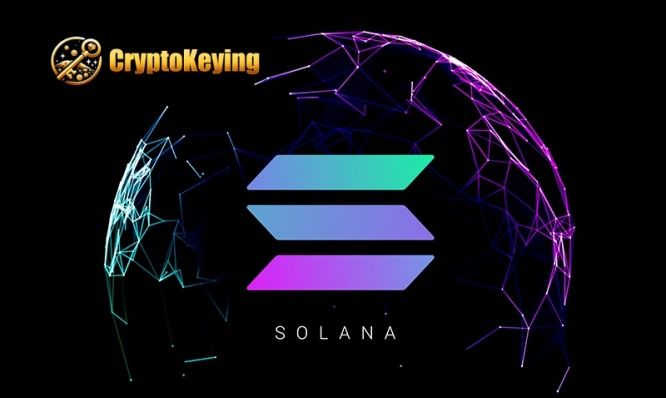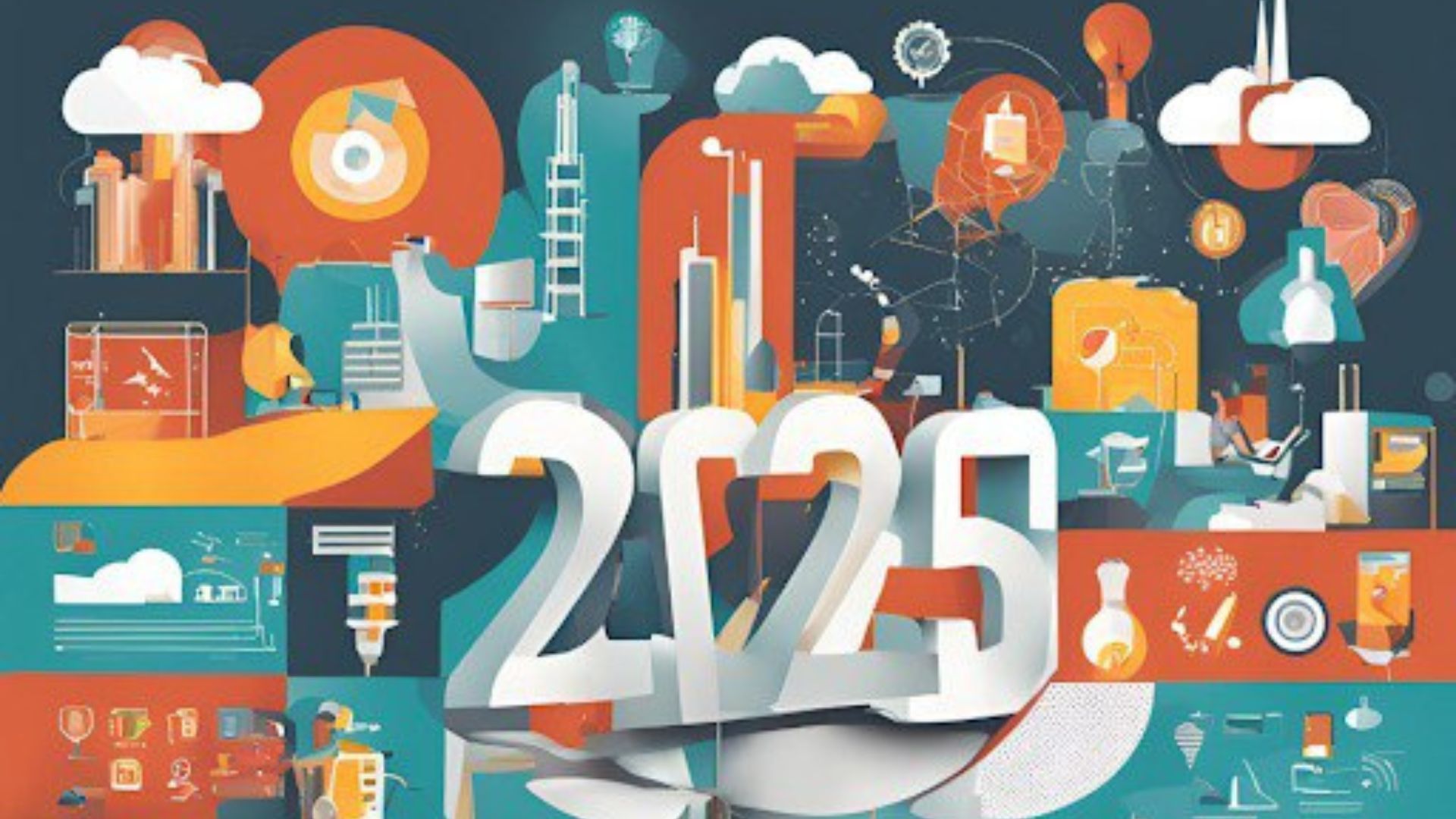In a recent video update, Charles Hoskinson, Co-Founder and CEO of IOG, issued a stark warning about the future of cryptocurrency scams. Hoskinson, a prominent figure in the cryptocurrency space, is known for his role in the development of Cardano (ADA), a leading blockchain platform.
In his video, titled “The Future of Crypto Scams,” Hoskinson discusses the increasing sophistication of scams in the cryptocurrency space. He emphasizes that the crypto world is rife with scams, with fraudsters impersonating well-known figures like himself, Vitalik Buterin, Elon Musk, and others to trick people into parting with their hard-earned crypto.
Hoskinson warns that a new wave of scams is on the horizon, driven by the rapid advancement of generative AI technology. This technology, as demonstrated by Nvidia in a recent keynote, can create photorealistic videos and audio that mimic real people. In the hands of scammers, this technology can be used to create convincing videos and audio clips impersonating figures like Hoskinson, making the scams even more believable.
The CEO predicts that within the next 12 to 24 months, generative AI will be used to create videos and audio clips that make it appear as if he is personally contacting individuals and soliciting their money. Despite his repeated warnings that such communications are always scams, Hoskinson fears that thousands of people will fall for these scams, leading to millions of dollars worth of ADA and other cryptocurrencies being stolen.
To combat this, Hoskinson advises viewers to use PGP (Pretty Good Privacy) for verifying identity. He assures that he will never contact anyone asking for ADA, private keys, or investments, and if anyone thinks they are talking to him, they should ask the person to verify their identity with a PGP key.
Hoskinson also highlights the role of Atala PRISM, a decentralized identity solution developed by IOG, in combating these scams. As PRISM evolves, it could be integrated into communication channels to allow for quick and easy identity verification, making it harder for scammers to impersonate others.
Despite these measures, Hoskinson acknowledges that the road ahead will be rocky and that the most vulnerable people are likely to be the victims of these scams. He ends his video with a final warning: “You don’t get something for nothing. It’s always a scam.”
Credit: Source link















































